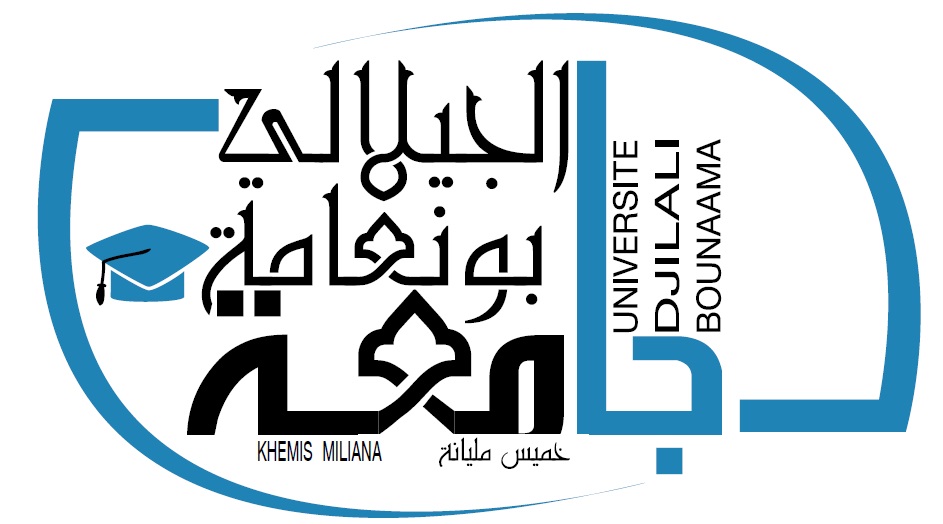لغة إنجليزية
Aperçu des sections
-
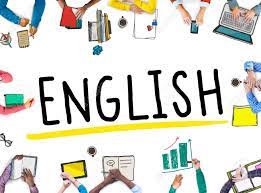
Course Specifications for the 3rd year Bachelor students - Second Semester
Subject
Level
A llocated Time per semester
coefficient
Credits
Evaluation
English
3rd year
22.30
01
02
Continuous
This course challenges students to plan, conduct, analyse, and report psychological research across a range of experimental and non-experimental methodologies and techniques.
It promotes an understanding of the methods of scientific enquiry used in empirical research and aims to develop relevant knowledge and skills for this process.
It also encourages the acquisition of a range of evaluative concepts, reviewing and discussing the design outcomes of research and the application of such knowledge to the wider community, society and economy. -

University: University of Djilali Bounaama. College: College of Social Sciences and Humanities. Department: Department of Psychology and Educational Sciences.Level : 3rd Year Counseling & Guidance
2nd Semester 2023
SUBJECT :ENGLISH
Prof :D.MEZAINI
Balance: ,coefficient: 01 Teaching period: 14-16 weeks Hourly volume: 3 hours every 15 days Duration of the conference: one hour and a half.Communication: Email: d.mezaini@univ-dbkm.dz University platform: http://elearning.univ-km.dz -
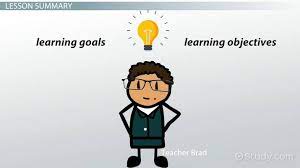
Planning and conducting
researchThird year Counseling & Guidance students should be familiar with the following features of planning and conducting research and their associated strengths and weaknesses.
Aims and hypothesis and how to formulate
• Research aim, research question, null hypothesis, alternate hypothesis, one tailed (directional) hypothesis, two tailed (non-directional) hypothesis.
Populations, samples, and sampling techniques
• Target population and sample, random sampling, snowball sampling,opportunity sampling, self-selected sampling.
Experimental designs
• Repeated measures, independent measures, matched participants design.
Variables and how they are operationalised
• Independent variables, dependent variables, control of extraneous variables
-

-

LESSON ONE : The Experimental Method
LESSON TWO: Aims and Hypotheses
LESSON THREE :Experimental Design
LESSON FOUR:Types of experiments
LESSON FIVE :Control of variables
LESSON SIX :Populations and samples
-
This course challenges students to plan, conduct, analyse, and report psychological research across a range of experimental and non-experimental methodologies and techniques.
It promotes an understanding of the methods of scientific enquiry used in empirical research and aims to develop relevant knowledge and skills for this process.
It also encourages the acquisition of a range of evaluative concepts, reviewing and discussing the design outcomes of research and the application of such knowledge to the wider community, society and economy.Content Overview
Assessment Overview
· Planning research
· Hypotheses
· Variables
· Experimental design
· Sampling
· Data gathering methods (observation and self report techniques)
The assessment section includes questions that allow students to demonstrate their ability to:
- Draw together their skills, knowledge and understanding from across the full course of study.
- Provide extended responses.
· Answer multiple choice questions. These contain four options each (one correct answer) and are worth one mark per question. These can assess any part of the course.
-

Specific aims : By the end of the lesson the student will be able to :
- develop scientific skills required to conduct an experiment in psychology.
- develop knowledge about the characteristics of experimental methods.
- identidy and operationalise dependent and independent variables.
-
-
-
Ouvert le : mardi 25 avril 2023, 00:00À remettre : mardi 2 mai 2023, 00:00
-

Specific aims :
By the end of the lesson the student will be able to :
- Develop aims and questions,formulate hypotheses and make predictions.
- Determine aims,research hypotheses,questions and predictions that can be tested
-
-
-
Ouvert le : mardi 25 avril 2023, 00:00À remettre : mardi 2 mai 2023, 00:00
-
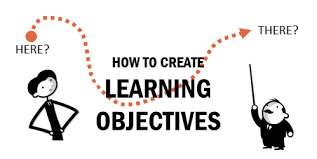
Specific aims :
By the end of the lesson the student will be :
- familiar with the features of the different experimental designs when planning and conducting research and their associated strengths and weaknesses
-
-
-
Ouvert le : mardi 25 avril 2023, 00:00À remettre : mardi 2 mai 2023, 00:00
-
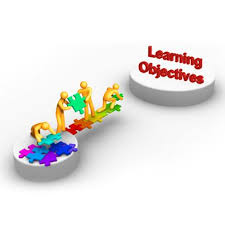
Specific aims :
By the end of the lesson the student will be able to :
- Gain knowledge and understanding of the different types of experiments and their associated strengths and weaknesses.
-
-
-
Ouvert le : mardi 25 avril 2023, 00:00À remettre : mardi 2 mai 2023, 00:00
-

Specific aims :
By the end of the lesson the student will be able to :
- Identify the different types of variables in experimental research.
- Identidfy the different ways to minimize the effect of the extraneous or confounding variables
-
-
-
Ouvert le : mardi 25 avril 2023, 00:00À remettre : mardi 2 mai 2023, 00:00
-
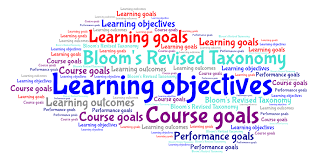
Specific aims :
By the end of the lesson the student will be able to :- Identify different types sampling procedures.
- Select appropriate sampling procedures for selection and allocation of
- participants including random sampling, stratified sampling, convenience
- sampling, and snowball samples.
-
-
-
Ouvert le : mardi 25 avril 2023, 00:00À remettre : mardi 2 mai 2023, 00:00
-

-
-
